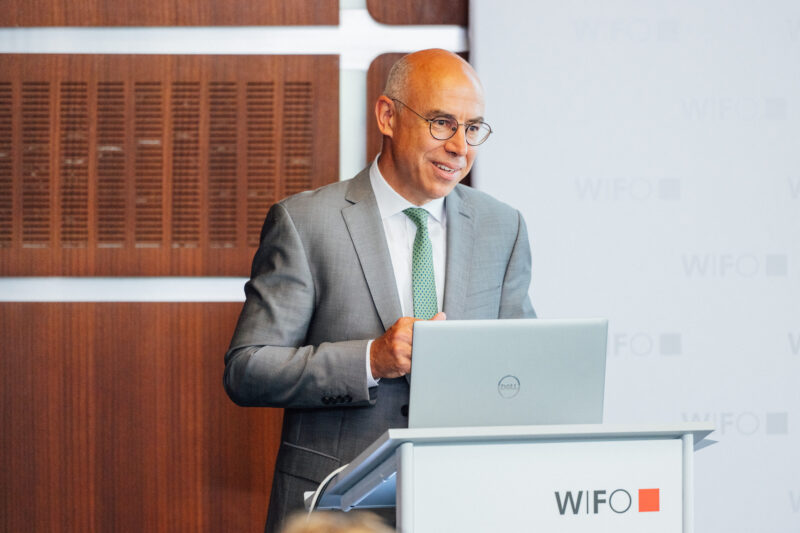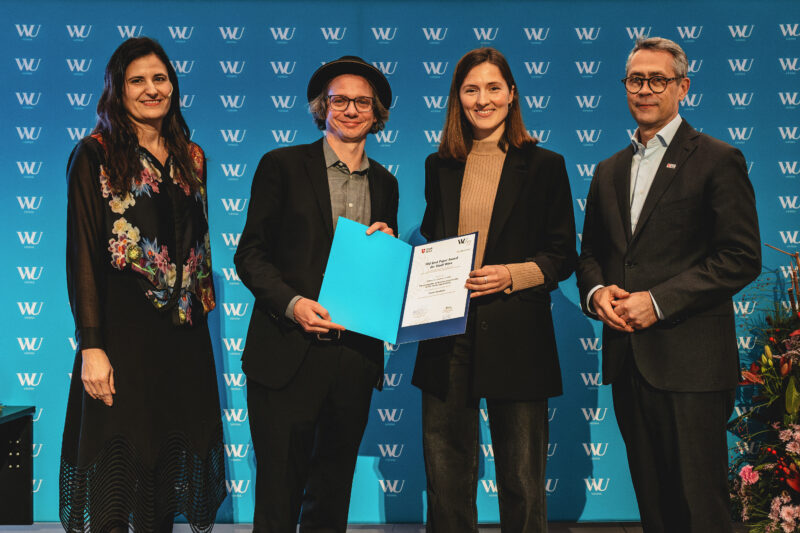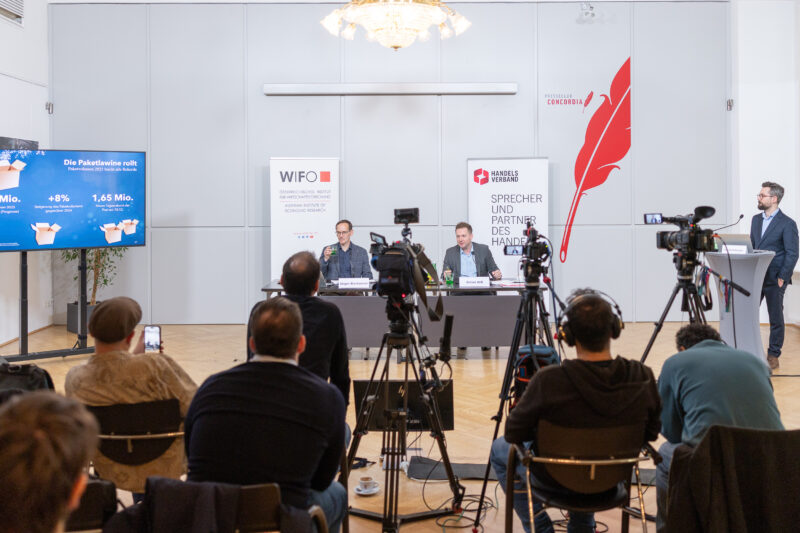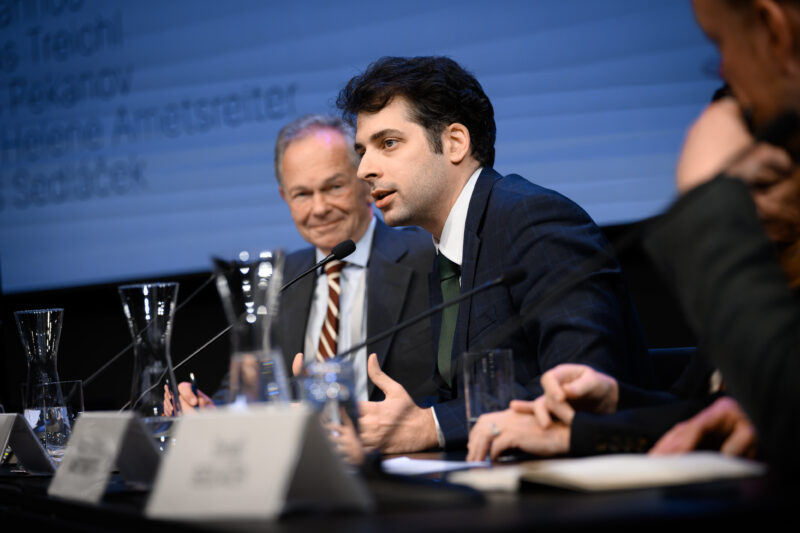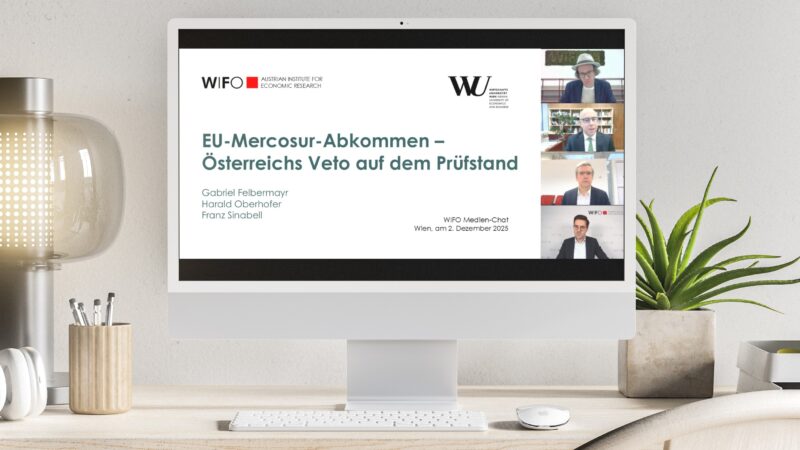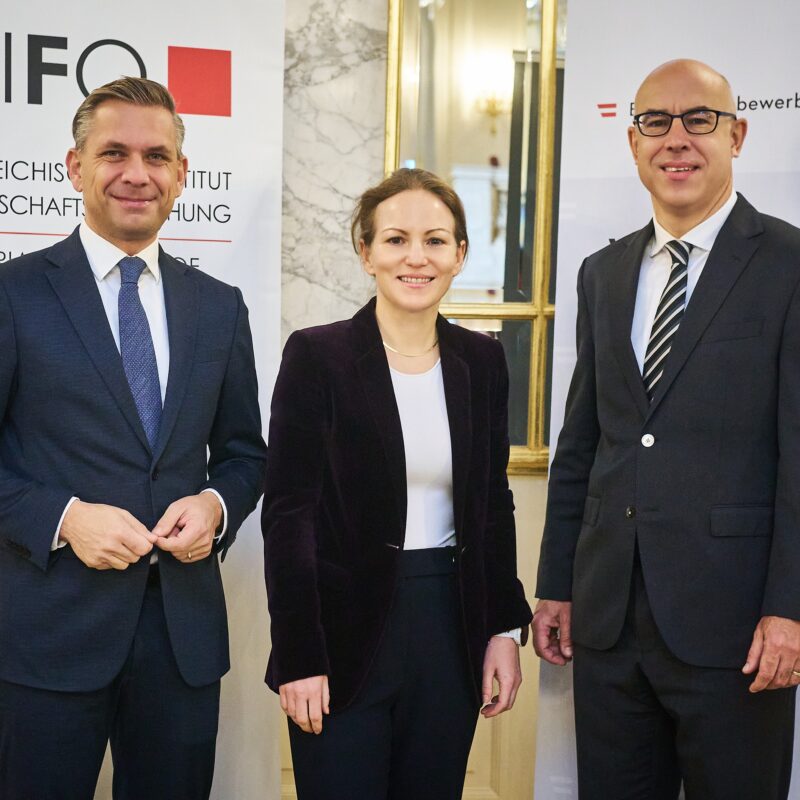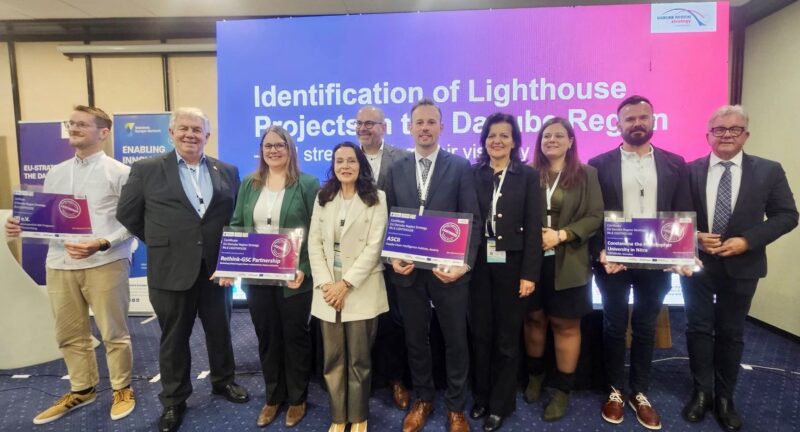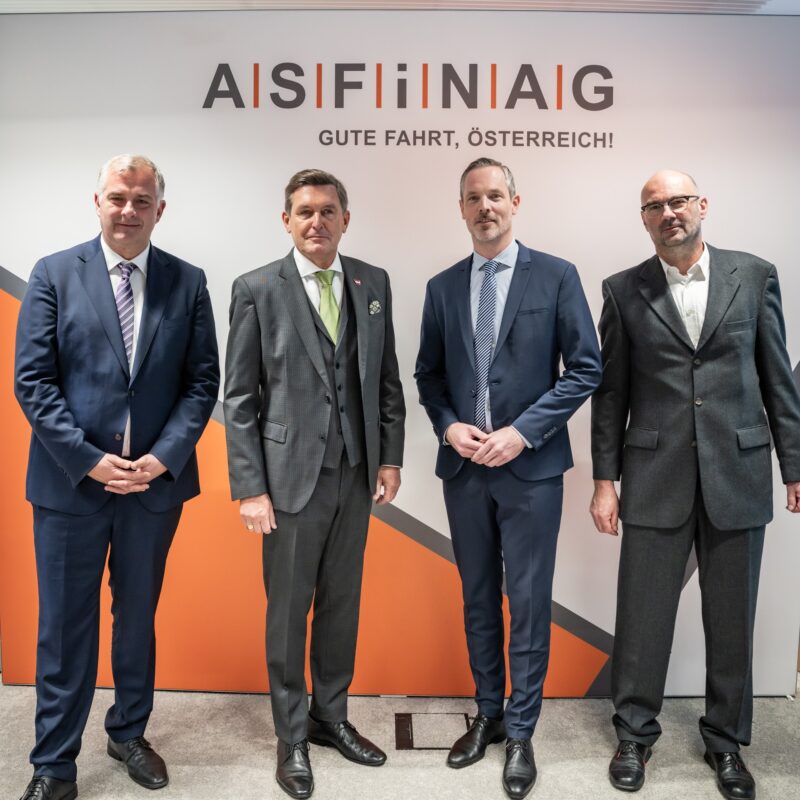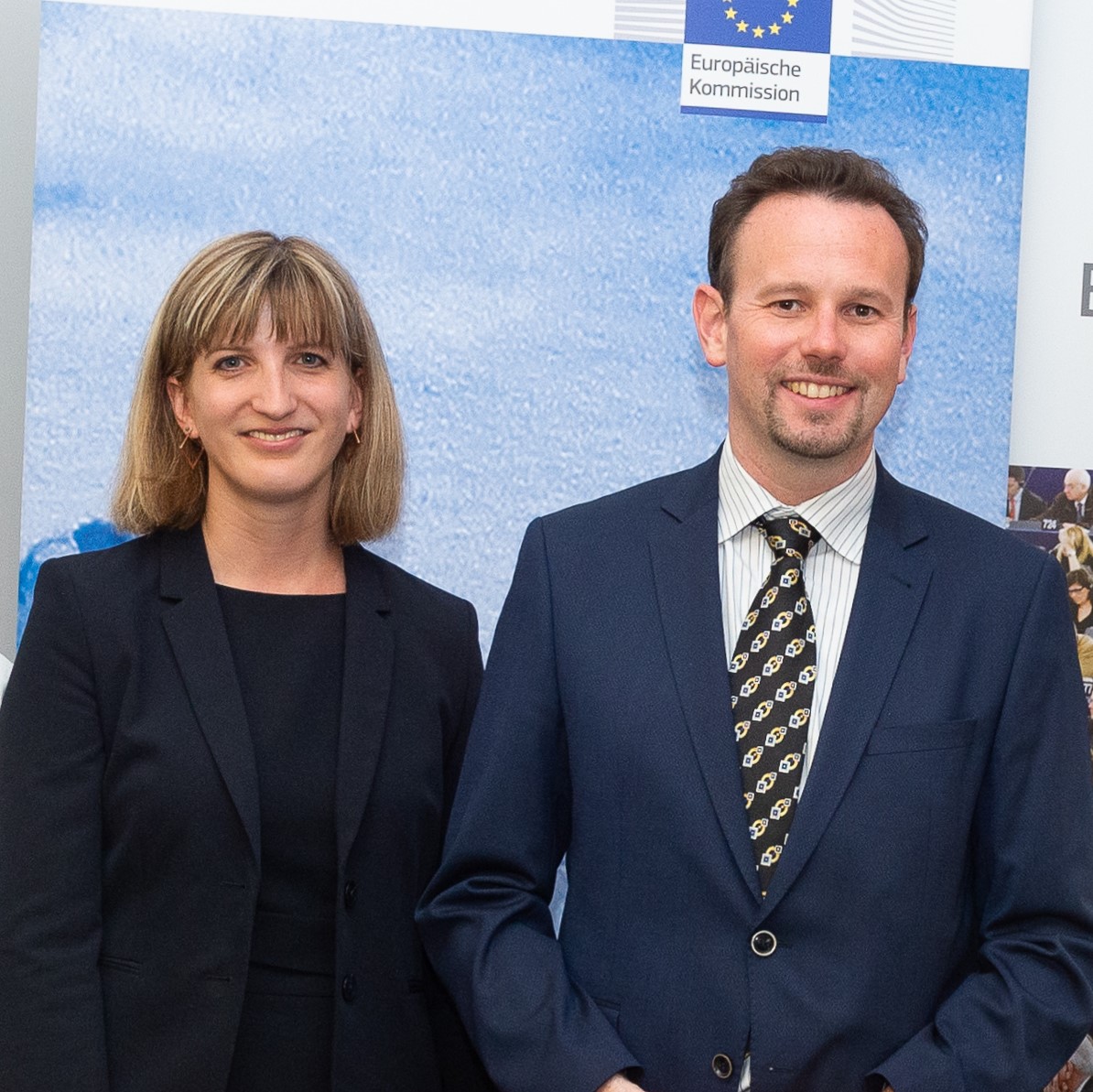
Inconsistencies in the International Redistribution
As part of the European Structural and Investment Funds, the Cohesion Fund supports countries with a per capita gross national income below 90% of the EU average. The fund’s objective is to "balance economic and social inequality and promote sustainable development". It currently supports the "New Member States", Greece and Portugal.
The EU regional funds are important growth drivers in Central and Eastern Europe. This is gratifying, since the promotion of the catching-up processes is intended by the EU.
At the same time, these recipients are also members of the OECD Development Assistance Committee and have thus committed themselves to increasing their development cooperation expenditure to at least 0.70 percent of their gross national income. They are therefore both borrowers and lenders in the international redistribution system.
The coexistence of some economically relatively weak member states as beneficiaries of the intra-EU Cohesion Fund on the one hand and as development cooperation donors in the global context on the other is inefficient and inconsistent in terms of the redistribution logic. With EU funding becoming increasingly scarce, such inconsistencies could further intensify the debate on the distribution of funds.
The complete commentary (in german) can be found here.
The commentary was published as part of the "economic view", a cooperation between Austria's "National Economic Society" and the daily newspaper "Die Presse".
Please contact



